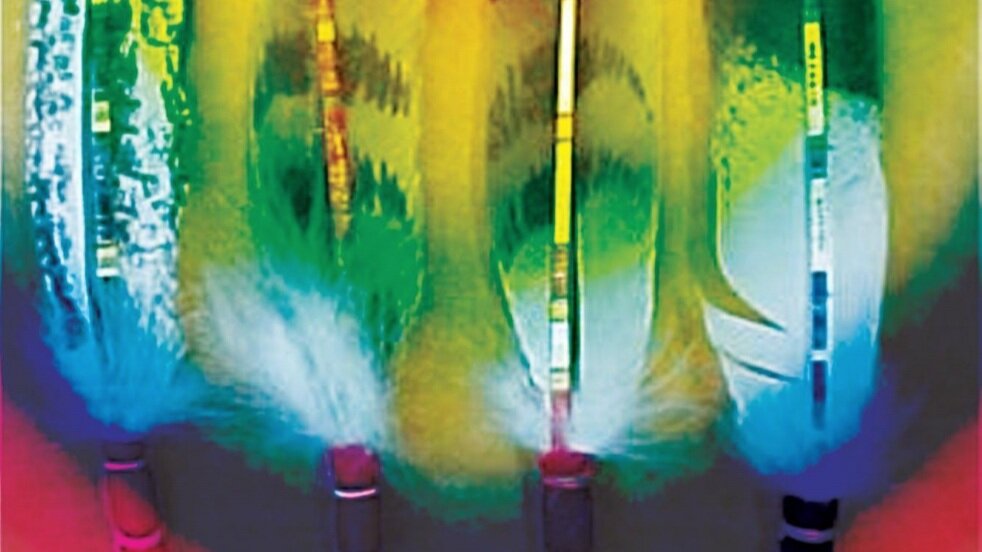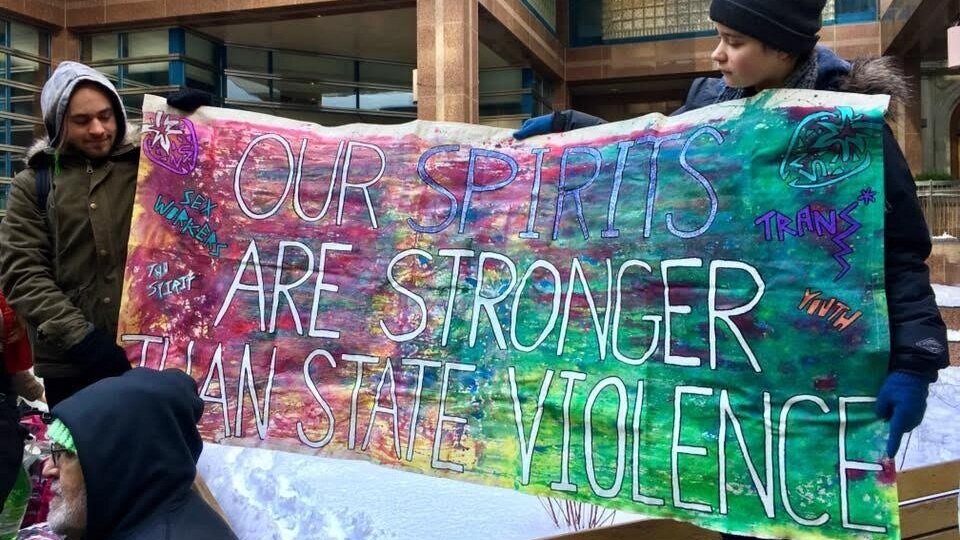
What We Believe In
NYSHN’s core values ground all of our work. These core operational values shape our relationships, decision making processes, and our community work. They guide which relationships we engage and invest in and the ways in which we work together as a network, with our mentors and youth leaders.
These values separate us from corporate mainstream public health initiatives. We are community led.
Means young people are strong and need to be supported to take leadership in initiatives that have to do with us, because we are the experts about our own lives. Empowerment isn’t something we define for other people, it’s self-determined. One size does not fit all.
Means that relationship building with other Indigenous youth and nations is just as important as our relationships to the land and our bodies.
Means that the work we do and things we talk about also needs to be happening with our Elders and grandparents. They are a part of how we work between and among different generations, in honour of our ancestors and for the health and well-being of future generations. Providing safer spaces to exchange knowledge between Elders and youth is integral to cultural growth specific to today’s realities.
Youth Leadership, Empowerment, and Intergenerational Organizing for Future Generations…
Media Arts Justice:
Means telling our own stories about our bodies and lives in ways that accurately represent us. By creating our own stories and expressing ourselves through various forms of multi-media and arts, we are able to not only push back on demeaning and/or stereotyping mainstream narratives, but also collectively create new visions.
Sexual and Reproductive Justice:
Means that we can determine our gender and sexual identities on our own terms. It means having free, prior and informed consent regarding all decisions made about our bodies. As the legacy of Indigenous and women of color community organizing has taught us, it’s about recognizing just how interrelated issues are having to do with our bodies (i.e. domestic violence and higher rates of incarceration for women) and that often we need justice before “choice” even becomes a possibility.
Cultural Safety:
(A term we learned from our Māori relatives). To us this means that it is our birthright to feel safe and be our whole selves when we’re in any space(s). Indigenous nations are not all the same. We have the right to talk and share about our different cultures, spiritualities, teachings and the realities of our own communities when we talk about our bodies. It also means that reclamation and restoration of this includes addressing how colonization has impacted the cultures around our bodies.
Transformative Resurgence
Means that we work to create more options for justice, not just the criminal (in)justice system, by meeting people where they’re at through community-based organizing to support Indigenous peoples directly impacted by colonial and state violence. Returning to ourselves and our cultural knowledge as spaces for transforming how we respond to state forms of violence while also supporting peer-led initiatives.
Self-Determination
Means the support to make decisions for ourselves based on our own lived experiences and within the context of our different cultures and communities. It is just as important to recognize the diversity of Indigenous peoples and not lump us all into one. However it doesn’t mean always getting left alone, especially when times are difficult. It’s also about the responsibilities we have to one another, and our next generations.
Resistance Is Sexy
Means that responding to oppression can be done in a way that recognizes the organizing of our ancestors and Indigenous youth who are living resistance every day; and that reclaiming our bodies and restoring our cultures are part of the process. This also means resisting the over- or de-sexualization of Indigenous peoples by renaming where we find beauty in our communities and selves, on our own terms.
Connected to Body, Connected to Land
Means what happens to the land and the environment(s) around us (good, bad and everything) also happens to our bodies and our communities. We need to talk about and work from these connections, because the land speaks through our bodies.
Being More Than “At Risk” and “Vulnerable”
Means that being Indigenous or a young person is not a “risk” or “vulnerability” factor all by itself. In fact being ourselves can be empowering. What actually puts our lives “at risk” are things such as racism, colonialism, and not having access to culturally safe resources and supports.
Harm Reduction As a Way of Life:
Means that we, as well as our ancestors, have been keeping our communities safe and reducing harms long before the word “harm reduction” came into the English language. It’s about reducing the many harms in our lives, not limited to just substance use (ie. colonialism, racism, homophobia/transphobia, criminalization, etc) through the tools that work best for us, without stigma or judgment. We also don’t define what harm is for other people.
Support Not Stigma, Support Not Shame
Means that we address issues from places of support and meeting people where they are at, instead of approaches that may blame/shame people based on what happens with their bodies or for harms that may come to their lives. Stigma and shame can actually kill. This means making space for acknowledging and lifting up the many different skills people have gained from our ancestors in dealing with both the legacies and current realities of pain and trauma. This also means support instead of saving or rescuing people.











